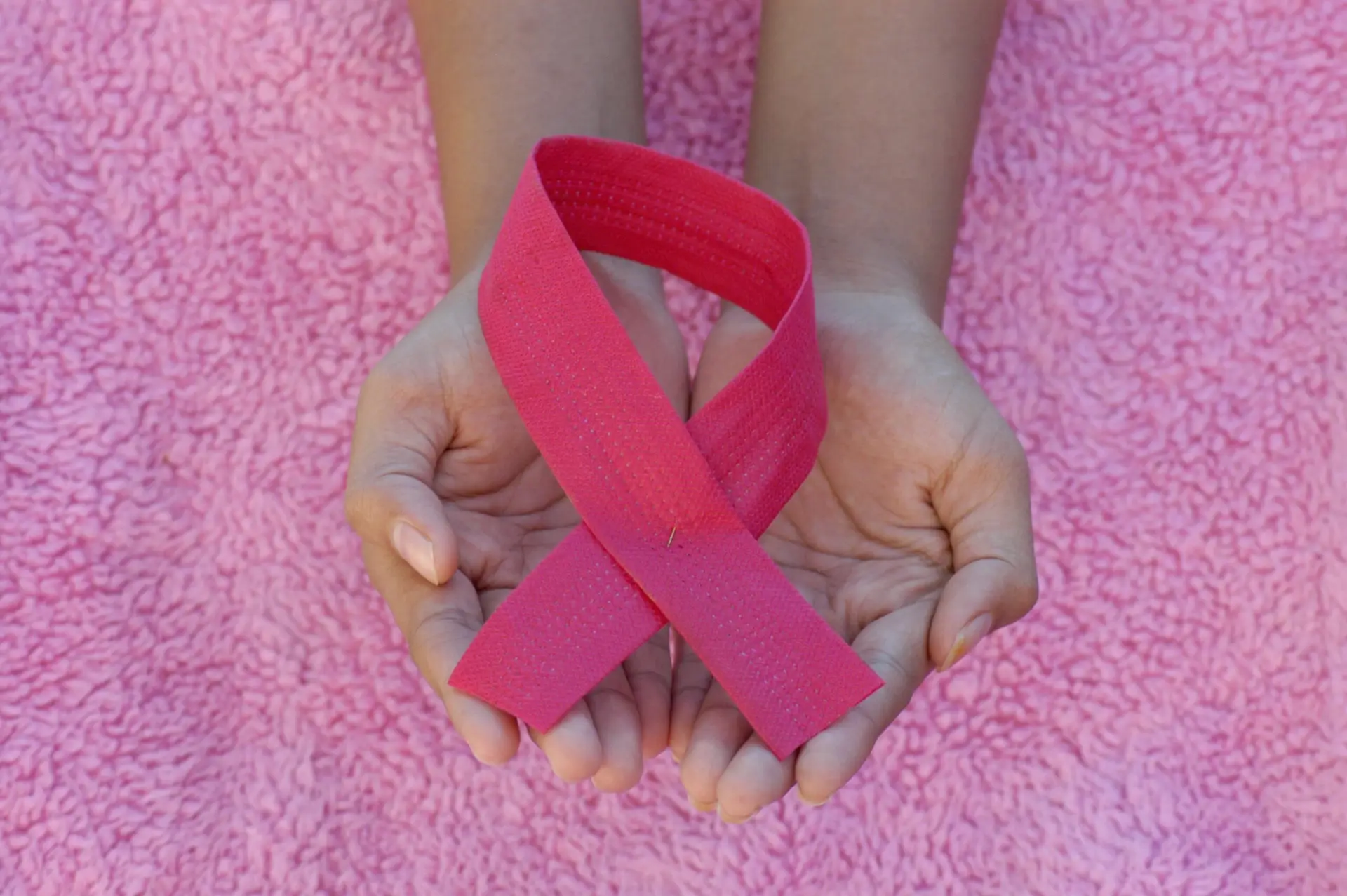
Cervical cancer, a topic that affects many women worldwide. In this article, we will discuss the symptoms, detection methods, and preventive measures for cervical cancer. Our aim is to provide you with simple and easily understandable information, so let’s get started!
Cervical cancer is a type of cancer that develops in the cervix, the lower part of the uterus that connects to the vagina. It is usually caused by the human papillomavirus (HPV), a common sexually transmitted infection. Cervical cancer can be life-threatening if not detected and treated early.
Early detection is crucial for successfully treating cervical cancer. While it may not always cause noticeable symptoms in its early stages, it is important to be aware of potential warning signs. Here are some symptoms that you should not ignore:
If you experience any of these symptoms, it is essential to consult a healthcare professional for further evaluation.
Regular screenings and tests can help detect cervical cancer early, even before symptoms appear. The most common methods used for early detection are:
It is recommended that women start getting regular screenings as per their doctor’s advice, usually starting in their 20s or 30s.
Prevention is always better than cure. There are several measures you can take to reduce the risk of developing cervical cancer:
Prevention starts with awareness and taking proactive steps to protect your health.
Cervical cancer is a serious health issue, but with early detection and preventive measures, it can be effectively managed. By recognizing the symptoms, getting regular screenings, and adopting a healthy lifestyle, you can reduce your risk and ensure a healthier future. Don’t hesitate to consult your healthcare provider if you have any concerns or questions. Your health matters, so take the necessary steps to protect it!
Disclaimer: The information provided in this article is for educational purposes only and should not be considered as medical advice. Please consult with a healthcare professional for personalized guidance and recommendations.